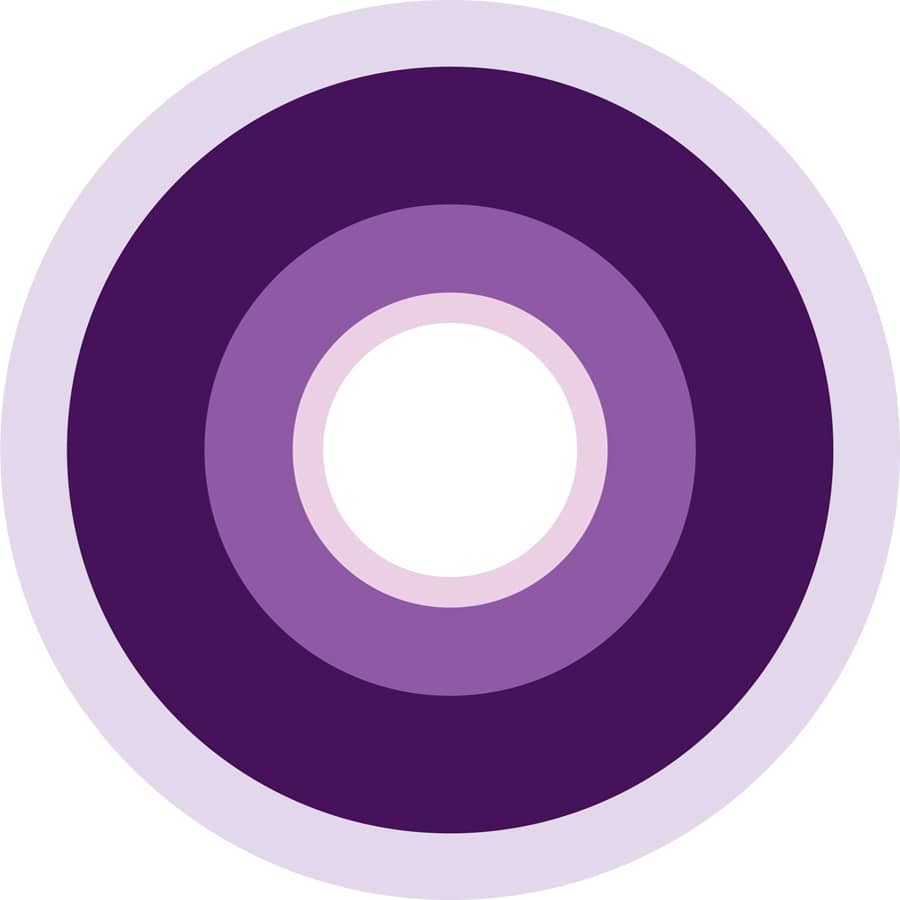
< Back to Insights
The Six Most Common Interview Mistakes and How to Avoid Them
The interview is the most critical aspect of landing a new job. If you’ve gotten to the interview stage (even an informational one), your foot is in the door!
But instead of acing the interview many people—especially those who are out of practice or who are tired of having undergone so many interviews—make the same mistakes over and over again, sinking their chances.
Here are the six most common mistakes people make in interviews, and how to avoid them:
Mistake #1: Winging it.
This is where you say to yourself, I’ve done this before. How hard could it be? I’ll just be myself. Wrong, wrong, wrong! You cannot wing the interview. You have to prepare for every interview afresh, and you need to be strategic about it.
First, think about the impression you want to leave with the interviewer. What are the three qualities or characteristics you want the interviewer to remember? What are the things they are looking for in an employee, and how will you convey to them that you have those qualities? Think specifically about how you are going to do that.
Second, do some research on the company and the industry. Don’t just look at the company homepage; that’s the obvious stuff. Look at the company in the framework of the industry.
Check news sites, blogs, etc. How are they positioned in the industry? What are they doing that is new or innovative? What are their challenges and the challenges industry-wide? What are their competitors up to? And how do your qualities or skills relate? Look at your resume; does it match what the company may be looking for?
Third, practice the basic interview questions. There are at least six basic interview questions that almost every interviewer asks, ranging from what your weaknesses are to why they should hire you. I highly recommend that you practice your answers, out loud, several times. Here are two good articles covering these questions:
Mistake #2: Not asking any questions.
When the interviewer asks you, “Do you have any questions?” Do not say, “Nope, I think I’ve got it.” Worse, don’t say, “Yea, what’s the starting salary?”
You need to have good, specific, intelligent questions about the company and the industry. Ask things like, what are some new trends in the industry that we may be working on? What are some of the challenges you’ve faced in the past year? What are some of the challenges that people in this position have faced? Asking questions shows you are engaged, thoughtful, intelligent, and interested.
Mistake #3: Going in with a bad attitude.
It’s hard, I know. You may have gone on dozens of interviews and are exhausted by the process. But you have to have an upbeat, positive attitude. A defeatist attitude (“They won’t hire me; what’s the point?”) will seep into your body language and your persona. They definitely won’t hire you if you have a bad attitude. Be confident and positive. Fake it if you have to. Do whatever it takes to psych yourself up. Play your favorite music. Do your Rocky dance. Whatever it takes, be upbeat. No one wants to hire a downer.
Mistake #4: Coming across as arrogant.
There is a huge difference between arrogance and confidence. One may cost you an opportunity, while the other will impress the interviewer. A potential employer wants to see that you are confident. Don’t brag or boast. Simply relay your successes and try to talk about teamwork and how your team made achievements. Say “we” not “me.” Confident, capable people share credit; arrogant ones take it.
And listen as much as you talk. Arrogant people talk about themselves incessantly. Yes, you want to sell yourself, but you have to listen, too. (Plus that will help you ask questions later.)
Mistake #5: Being too casual, both in dress and attitude.
Impressions are everything, and if your dress or attitude is too casual it will leave a negative impression. Dress for the job you want, and dress appropriately for the industry. By the same token, don’t overdress. You want to look like you already belong there.
If it’s a casual industry, say a start-up where the employees and bosses wear shorts and flip-flops to the office, you don’t want to show up in a three-piece suit and highly polished brogues. But you also don’t want to show up in jeans and a t-shirt. Strike a professional balance without going overboard. How does the most senior person dress? Copy that. Match the industry standards.
And your demeanor needs to be professional too, even if it’s a casual interview. Never be too familiar or chummy.
Mistake #6: Talking about salary too soon.
Finally, never ask about salary in the interview. If you’ve done your research you should know what the salary range is. If you talk about salary too soon you are just crossing yourself off the list. You want to wait until they fall in love with you; that’s when you have the most leverage. Wait to talk salary until they offer you the job. You will be in a much better position to negotiate.
Got it? Now, go get ‘em!
